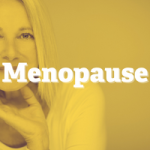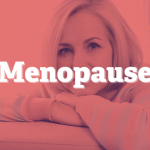When you’re facing another restless night, you’re seeing your skin become drier by the day and you’re suffering with discomfort and bladder issues, it can feel like you’re completely on your own.
But you’re far from it.
While everyone experiences different symptoms while going through the menopause, there are a few that are particularly common. And while they may feel endless at times, there are some management strategies that can help ease the burden and make you feel more comfortable.
Below, our Wellness and Behaviour Change Coaches, Sally Walker and AJ Whitaker, share a few simple tips to help you out day-to-day. Please let us know if you find these tips helpful in the feedback section at the bottom of the article.
Night sweats
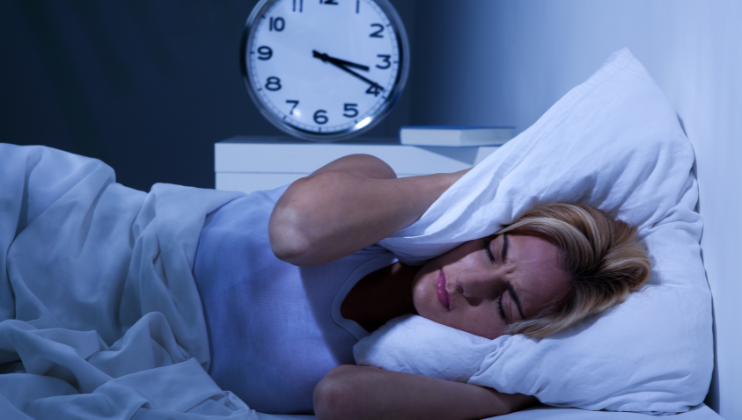
Symptoms:
- Debilitating hot flushes and sweats at night-time
- Sleep disturbance
- Feelings of fatigue and drowsiness the following day
- Anticipation of night sweats can also prevent sleep going forwards.
Management:
- Try out some cool packs or even add your t-shirt to the fridge before bed
- Change your nightwear regularly – it can help you feel more comfortable
- Ensure you’re sleeping on cotton sheets
- Try adding towels on the mattress
- Avoid moisturisers as they can block sweat – use sparingly.
Bladder and vaginal issues
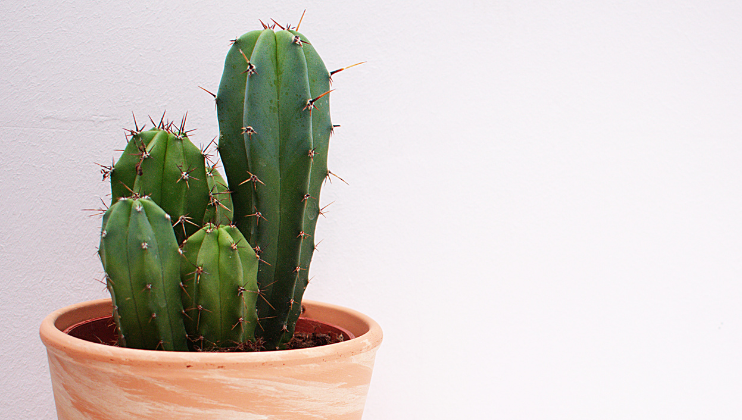
Symptoms:
- Feelings of discomfort
- Certain issues can lead to embarrassment
- Potential incontinence/stress incontinence
- Sex can become painful and even cause bleeding/spotting
- Burning sensations in the vagina can be distressing
- Feeling like you need to pee more often and with greater urgency
Management:
- Ensure you’re wearing natural fibre clothing, especially underwear
- Opt for comfortable and loose-fitting trousers or jeans
- Vaginal (localised) oestrogen, for example Vagifem, can usually help with vaginal atrophy and bladder issues. This is now available over the counter and there are no known risk factors.
Skin and hair damage
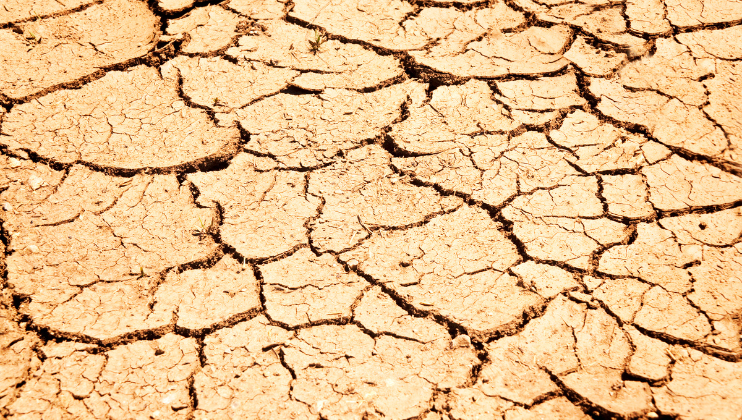
Symptoms:
- Skin is the largest organ of the body and evolves unexpectedly – so can dry out more during the menopause. This can lead to itching and discomfort
- Hair can become dry or greasy
- You may notice hair loss from your head
- You may also notice you’re gaining hair elsewhere.
Management:
- Moisturise regularly
- Take care with weather exposure
- Change moisturisers/hair products to find one that suits you
- Gently using a wider-toothed comb through the hair, especially when wet, may help reduce damage and scalp sensitivity
- If you’re experiencing ongoing itching and soreness, contact your GP or pharmacist for advice as over the counter moisturisers and creams might not be adequate.
Listen to our podcast episodes around menopause
In a particularly candid chat, our Wellness and Behaviour Change Coaches, AJ Whitaker and Sally Walker, share some of their personal experiences of menopause and discuss everything from brain fog to HRT and the early symptoms of peri-menopause and menopause. Listen to both parts of the discussion here:
Try our online courses
BiteSize
Our short BiteSize course will only take you a few minutes to complete, just click the image to get started
Find Out More
Our Find Out More – Menopause course has a bit more information to help you navigate your way through the menopause
You can find more courses HERE and also join our Understanding Menopause Wellness Workshop Group in My Fire Fighters Charity, where you can chat to others going through similar experiences and access advice and peer support. Just ensure you’re registered and head to the ‘Groups’ tab at the top.
Please let us know if you found this article helpful, or if there’s anything you’d like us to have focused on more in the feedback section below.


